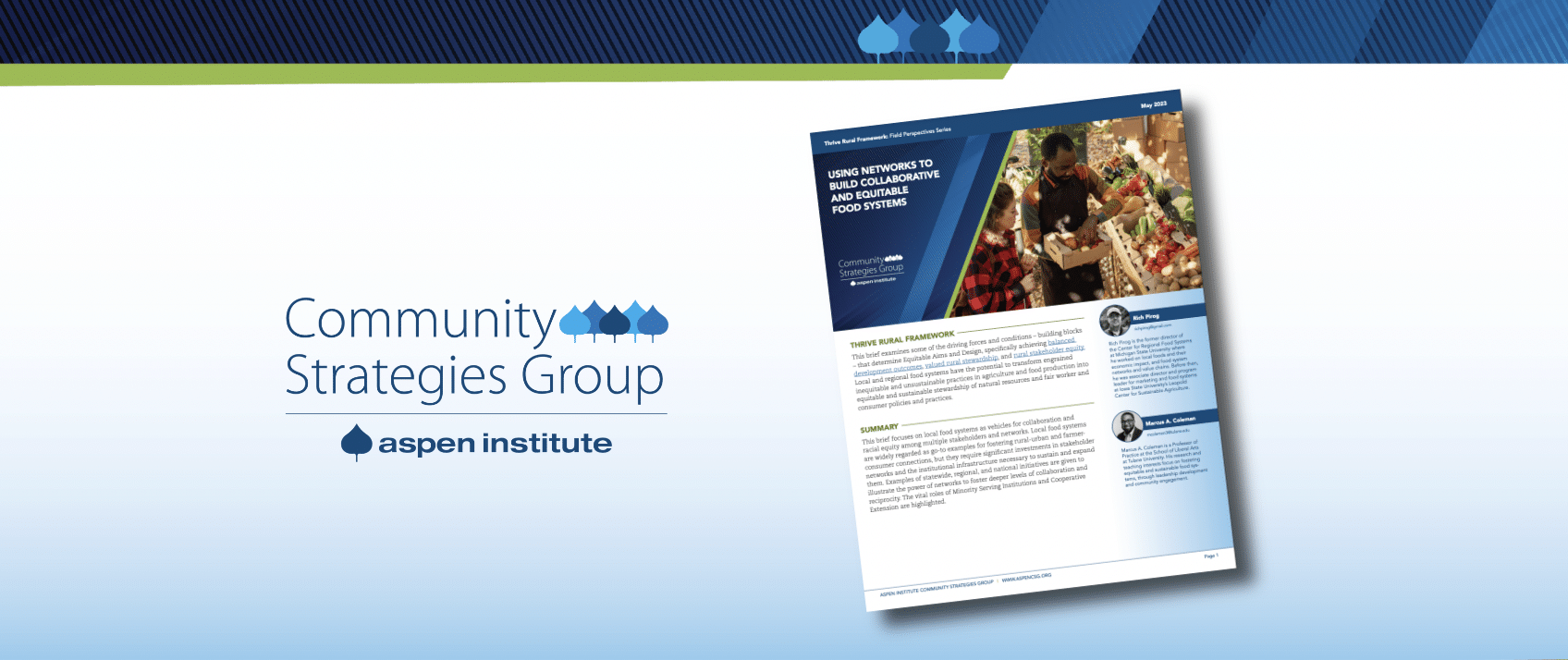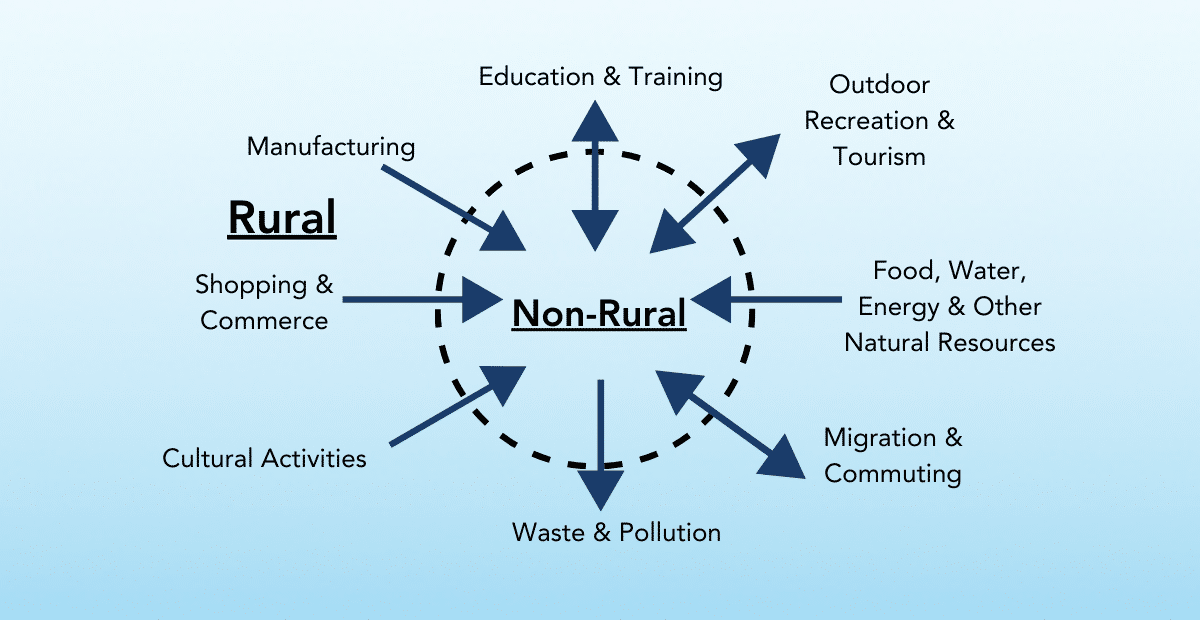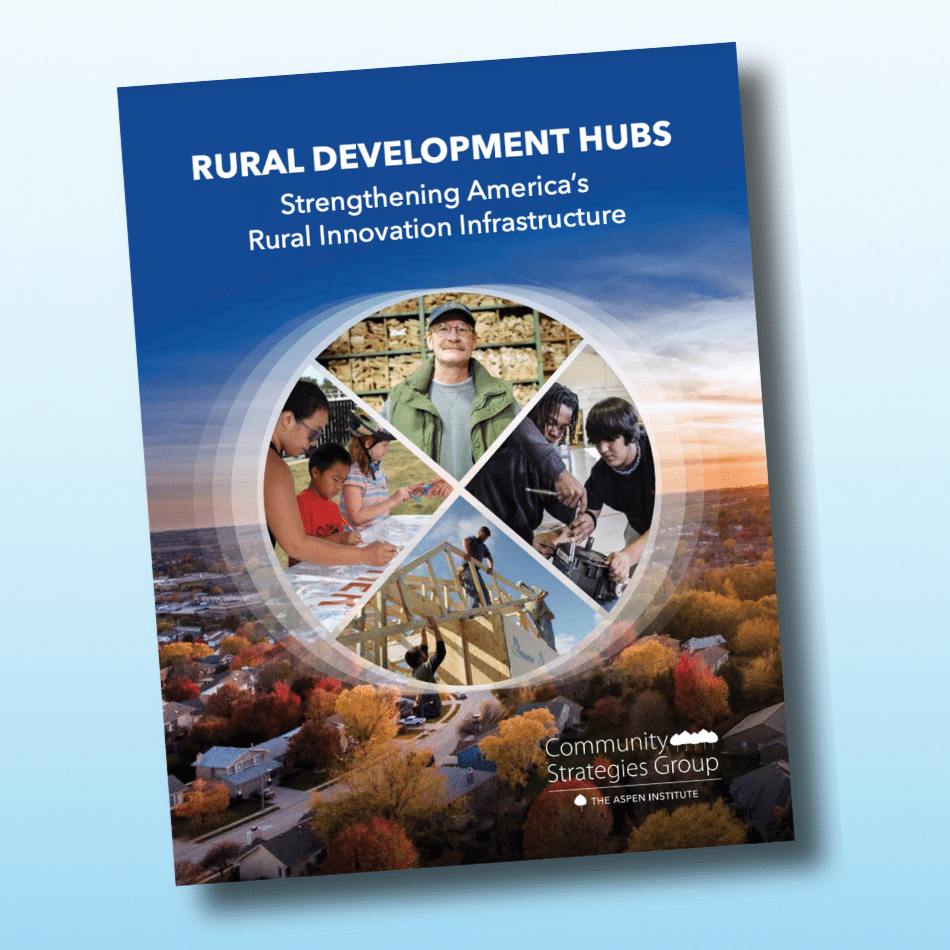View this Publication
Local food systems are widely regarded as go-to examples for fostering rural-urban and farmer-consumer connections, but they require significant investments in stakeholder networks and the institutional infrastructure necessary to sustain and expand them.
In our latest research brief, Using Networks to Build Collaborative and Equitable Food Systems, authors Rich Pirog and Marcus A. Coleman focus on local food systems as vehicles for collaboration and racial equity among multiple stakeholders and networks.
They highlight examples of statewide, regional, and national initiatives to illustrate the power of networks to foster deeper levels of collaboration and reciprocity. They also explore the vital roles of Minority Serving Institutions (MSIs) and Cooperative Extension.
Thrive Rural Framework Connection: This brief examines some of the driving forces and conditions – building blocks – that determine Equitable Aims and Design, specifically achieving balanced development outcomes, valued rural stewardship, and rural stakeholder equity.
Local and regional food systems have the potential to transform engrained inequitable and unsustainable practices in agriculture and food production into equitable and sustainable stewardship of natural resources and fair worker and consumer policies and practices.








